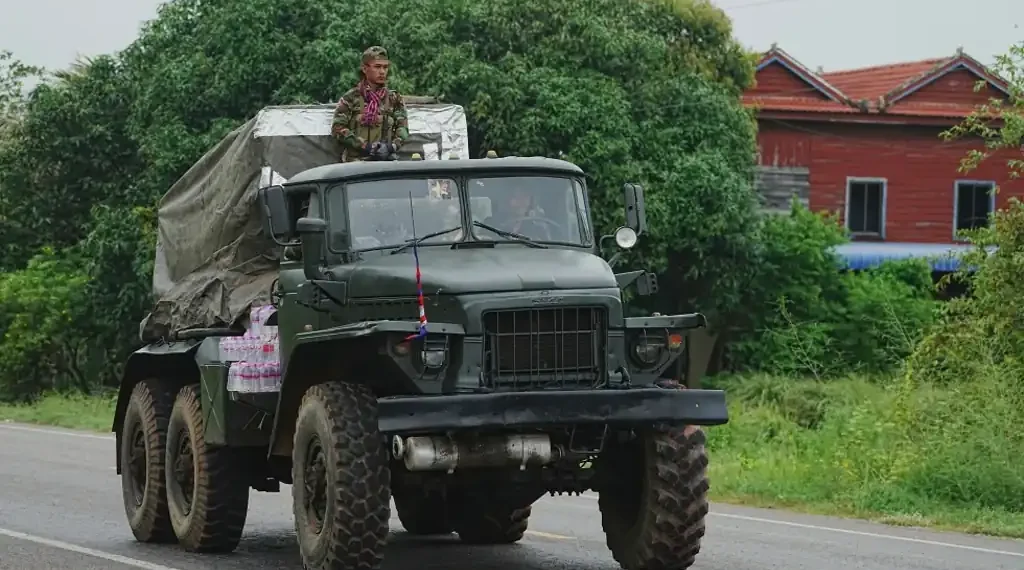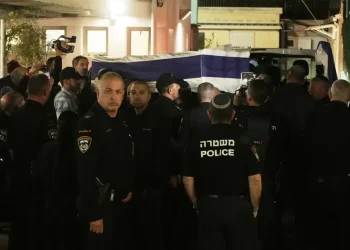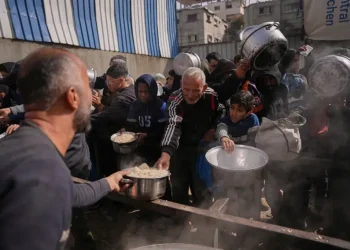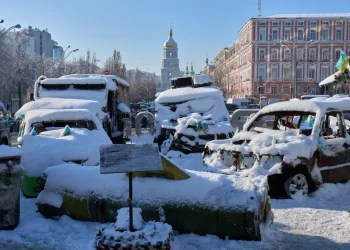Thailand and Cambodia agree to ceasefire talks amid ongoing border violence
July 25, 2025 – 12:16 PM
Thailand and Cambodia have signaled readiness to negotiate an end to their escalating border conflict after diplomatic pressure from former U.S. President Donald Trump. Despite initial agreements, heavy fighting continues along the disputed frontier, raising concerns over humanitarian and regional security impacts.
Diplomatic efforts intensify as casualties mount
The border conflict between Thailand and Cambodia has entered its fourth day, claiming at least 33 lives and displacing over 168,000 people. On Saturday, Trump announced via Truth Social that he had spoken to both Cambodian Prime Minister Hun Manet and Acting Thai Prime Minister Phumtham Wechayachai, warning that U.S. trade deals could be suspended if violence persisted.
Following Trump’s calls, Cambodia declared its readiness to implement an “immediate and unconditional ceasefire.” Prime Minister Hun Manet emphasized the need to de-escalate for the benefit of both nations’ soldiers and civilians. Cambodian Foreign Minister Prak Sokhonn was assigned to coordinate next steps with U.S. Secretary of State Marco Rubio and Thailand’s foreign minister.
Thailand responded with cautious approval. Phumtham acknowledged Trump’s mediation and confirmed support “in principle” for a ceasefire but demanded “sincere intentions” from Cambodia. He called for urgent bilateral talks to develop actionable steps toward a peaceful resolution.
Fighting persists despite diplomatic outreach
Although both governments expressed interest in halting the hostilities, intense clashes continued on Sunday in several sections of the disputed border zone.
According to Col. Richa Suksowanont, a deputy spokesperson for the Thai military, Cambodian forces launched the day’s first attacks, targeting civilian areas within Thai territory. He alleged that rocket fire was directed at the 12th-century Ta Muen Thom temple, which lies near the contested zone and holds symbolic significance for both nations.
The Thai military responded with long-range artillery, aiming at Cambodian positions believed to be equipped with rocket launchers and artillery. Col. Richa noted that while Trump’s intervention was welcomed, the situation on the battlefield would remain unchanged until Cambodia formally engaged in ceasefire negotiations.
Accusations and humanitarian toll mount
Cambodian Defense Ministry spokesperson Lt. Gen. Maly Socheata countered Thai claims, accusing Thai forces of escalating violence and deploying banned cluster munitions. The use of such weapons has drawn international criticism, as they pose a severe threat to civilian populations.
Socheata said Thai attacks included both targeted and indiscriminate strikes, destroying homes, public buildings, and other civilian infrastructure. She urged international observers to hold Thailand accountable for its military actions.
Thailand has reported 20 fatalities, mostly civilians, while Cambodia has confirmed 13 deaths. Over 131,000 people have evacuated from border provinces in Thailand, while approximately 37,000 Cambodians have fled their homes across three provinces. Entire villages have emptied, with schools and hospitals closed in the conflict areas.
Global response and regional implications
The United Nations Security Council has called on the Association of Southeast Asian Nations (ASEAN) to mediate the conflict. Both countries are ASEAN members, and the bloc has a history of addressing regional disputes through diplomacy. However, ASEAN has yet to publicly announce a formal intervention plan.
Human Rights Watch condemned the alleged use of cluster bombs and urged both sides to avoid further civilian casualties. The organization called for full compliance with international humanitarian law and immediate protection of vulnerable populations.
The border between Thailand and Cambodia has long been a source of friction. The current 800-kilometer (500-mile) boundary has been contested for decades, with periodic flare-ups over temples, natural resources, and military outposts. The last major incident occurred in May, when a Cambodian soldier was killed in a skirmish that strained diplomatic relations and influenced Thai domestic politics.
Looking ahead: ceasefire or continued conflict?
While Trump’s involvement has pushed both nations toward the negotiating table, military leaders on both sides remain skeptical. Thai officials insist that any ceasefire must be preceded by concrete Cambodian actions, while Cambodian officials demand accountability for Thai attacks.
Analysts warn that without an immediate halt to military operations, efforts toward a political resolution may falter. With tens of thousands displaced and casualties mounting, the need for swift and sincere diplomacy is urgent.
For now, the region watches closely as diplomatic channels open, but the sounds of artillery and rockets continue to echo along the border.
This article was rewritten by JournosNews.com based on verified reporting from trusted sources. The content has been independently reviewed, fact-checked, and edited for accuracy, neutrality, tone, and global readability in accordance with Google News and AdSense standards.
All opinions, quotes, or statements from contributors, experts, or sourced organizations do not necessarily reflect the views of JournosNews.com. JournosNews.com maintains full editorial independence from any external funders, sponsors, or organizations.
Stay informed with JournosNews.com — your trusted source for verified global reporting and in-depth analysis. Follow us on Google News, BlueSky, and X for real-time updates.













